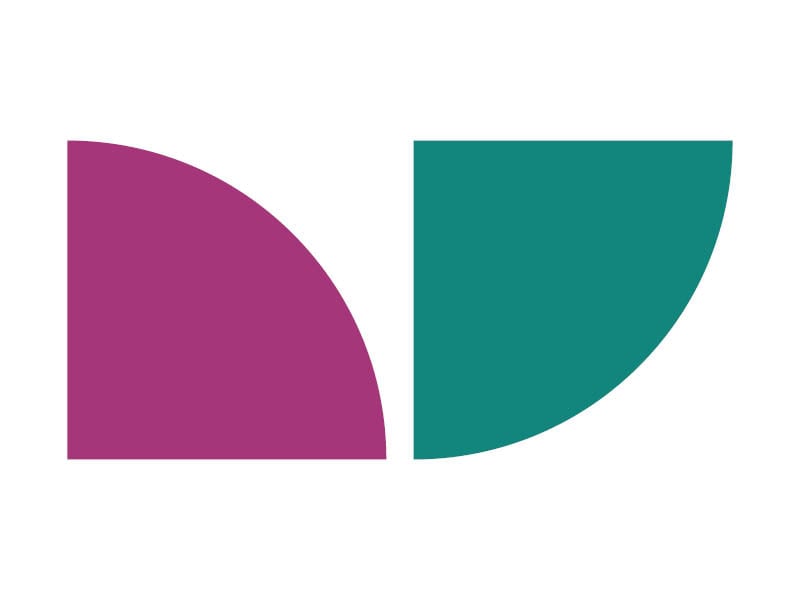What is PSHE education?
Find out what PSHE stands for, whether schools have to teach it and what impact it has.

PSHE education is a school curriculum subject in England that helps children and young people stay healthy, safe and prepared for life – and work – in modern Britain. When taught well, PSHE education also helps pupils to achieve their academic potential.
What does PSHE stand for?
PSHE stands for personal, social, health and economic. That’s why we tend to say ‘PSHE education’ a lot instead of always abbreviating it to ‘PSHE’. The ‘E’ in PSHE covers economic wellbeing and careers – vital parts of the subject that mustn’t be ignored.
Do schools have to teach it?
Most of PSHE education became statutory in September 2020 under the Children and Social Work Act.
The Act introduced compulsory Relationships Education in all primary schools and compulsory Relationships and Sex Education in all secondary schools. Health Education (both mental and physical) became statutory from key stages 1 to 4. This brought all schools more in line with independent schools who were already required to teach all of PSHE education.
This statutory content – often summarised as ‘RSHE ’– covers the majority of PSHE education and has been an increased focus for Ofsted following its review into sexual harassment in schools. This review called for carefully planned and sequenced RSHE in all schools, taught by trained teachers.
Though not yet statutory, schools should include important non-statutory content about careers, economic wellbeing and personal safety. The PSHE education Programme of Study shows how schools can cover statutory and non-statutory content by key stage. And we have everything schools need to plan and teach PSHE lessons and PSHE topics with confidence.
What impact does it have?
Our 2024 reference tool 'PSHE education: what it covers and why it works' breaks down the PSHE education curriculum, for primary and secondary, to highlight why it is so important for schools to address each area. We’ve included key prevalence statistics for various issues, alongside relevant research and impact evidence to show how PSHE education can help and why all aspects of the PSHE education curriculum are there for good reason.
The Department for Education (DfE) calls PSHE education ‘an important and necessary part of all pupils’ education’ and that ‘all schools should teach PSHE, drawing on good practice’. A DfE evidence review highlighted the subject’s importance to children and young people’s wellbeing and knock-on effects on academic achievement, stating that ‘The evidence shows that personal, social, health and economic (PSHE) education can improve the physical and psychosocial well-being of pupils. A virtuous cycle can be achieved, whereby pupils with better health and well-being can achieve better academically, which in turn leads to greater success’.
A major evidence review by Pro Bono Economics also found that PSHE supports academic attainment by removing barriers to learning.
What do we do to support PSHE education?
The PSHE Association is the national body for PSHE education. We’re a membership association and charity, supporting a national network of over 50,000 teachers and schools to teach it well. We offer guidance, training, teaching resources and advice.
Our mission is to raise the status, quality and impact of PSHE education so that all children and young people benefit.
-
 Become a member and access resources, expert training, exclusive events and one-to-one support.Join the community
Become a member and access resources, expert training, exclusive events and one-to-one support.Join the community -
 Quality assured lesson plans on a range of PSHE topics.Browse resources
Quality assured lesson plans on a range of PSHE topics.Browse resources -
 We support you to plan, teach and assess every aspect of PSHE education with confidence.Explore guidance
We support you to plan, teach and assess every aspect of PSHE education with confidence.Explore guidance

